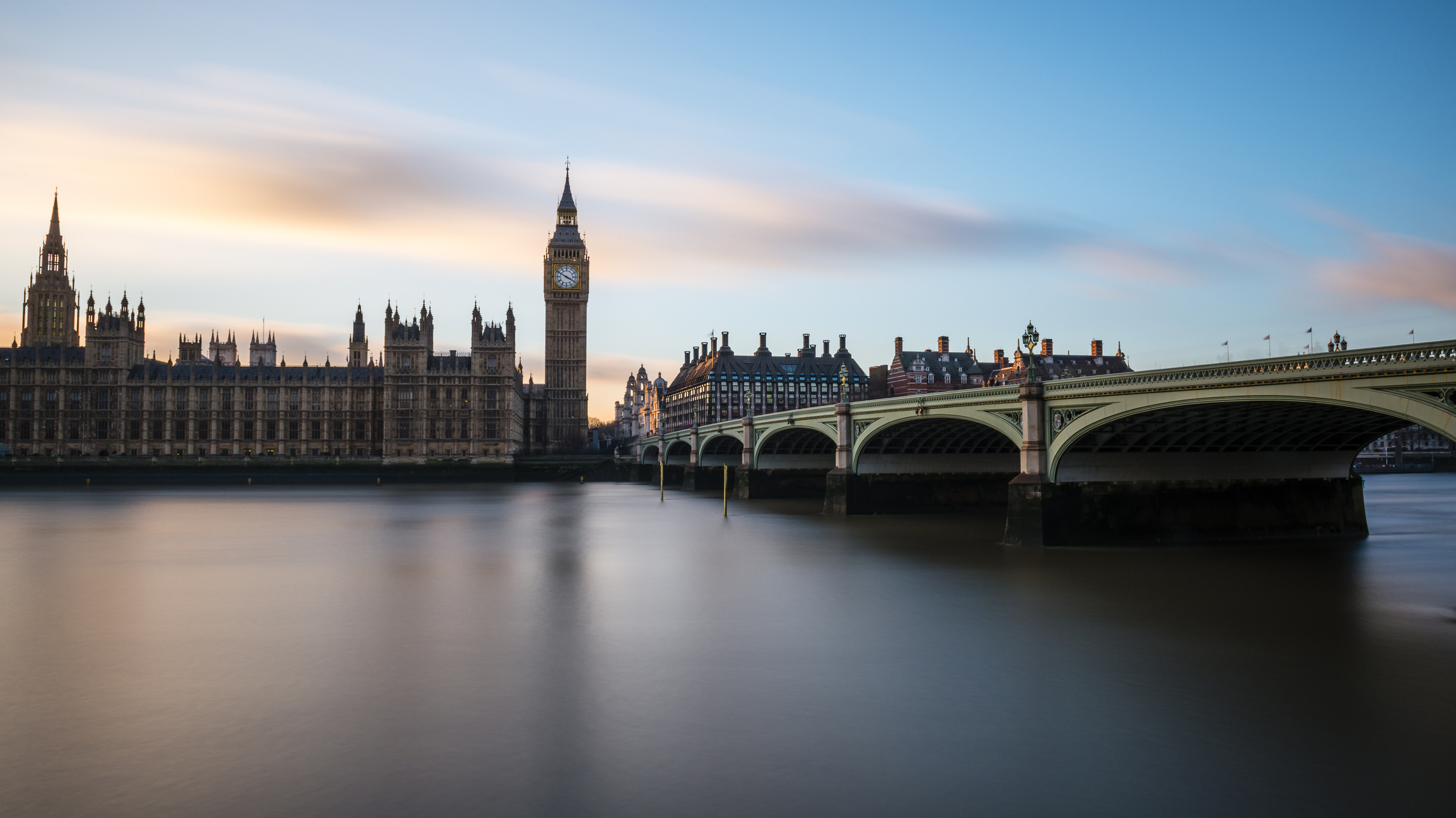
The Environment Audit Committee met last week following the release of the CCC's most recent progress report. Image: Getty.
Local authorities have been accused of disregarding advice on the use of agricultural land for solar farm development by the environmental secretary.
Speaking at an Environmental Audit Committee meeting last Wednesday (29 June), George Eustice, secretary of state for Environment, Food and Rural Affairs, was questioned about the use of land for solar power in light of the surge in the number of projects being developed.
He pointed to guidance issued together with the Ministry of Housing, Communities and Local Government (MHCLG) to local authorities in 2015 – when around 4,000MW of solar was deployed, of which around 3,000MW was ground mount as developers clamoured to take advantage of subsidies before they were cut.
This guidance “created a strong presumption against solar farms on Best and Most Versatile land, and that is classified in law as grade 3B or above,” he said, and resolved the problem of development on agricultural land for some time.
Grade 3B land is a subcategory that denotes Moderate Quality Agricultural Land. The lowest grade that counts as Best and Most Versatile (BMV) within the government's agricultural land classification (ALC) is 3A, along with grade 1 and 2.
“We’re conscious that there have been quite a few big schemes in recent months or over the last 12 months, where planning authorities seem to have either forgotten or started to disregard that advice,” said Eustice.
“I don’t think new guidance was issued by MHCLG, but if... they don’t understand the legal definition of BMV land we will take that up with them. But 3B constitutes BMV land.”
His comments were welcomed by Select Committee member and Conservative MP for North Wiltshire James Gray, who said clarification as to which land was acceptable for solar development was needed, given he was aware of the Department for Communities and Local Government (DCLG) stating 3B is allowable.
“Your point that 3B is not acceptable is spot on,” said Gray.
He has previously voiced concern over the rollout of solar and battery energy storage in the UK, including speaking at the Solar Farms and Battery Storage debate in the House of Commons on 8 June, where he stated he is not anti-solar, anti-renewable or anti-environmentalist, but expressed concern at the widespread development of both technologies.
“Right now, we have a gigantic number of applications in my constituency for solar farms—I know of at least four,” Gray commented during the session.
“Many of them would feature battery storage units, which are horrible, industrialised containers that often take up an entire field. There are some safety risks attached to them, as they burst into flames from time to time, so they are quite dangerous. They are turning a rural area into an industrialised centre, which is really unacceptable.”
As the UK looks to continue to decarbonise its electricity system by 2035 and become more energy independent – in particular in light of Russia’s invasion of Ukraine and its impact of resilience and power prices – the number of solar and storage developments across the country have been increasing.
Research from Solar Power Portal’s publisher Solar Media earlier this year, suggested there has been meteoric growth in new solar planning applications, with the UK’s pipeline reach a staggering 37GW.
With this growth, opposition to a number of sites has emerged from local communities, including to the 350MW Mallard Pass solar farm under development between Windel Energy and Canadian Solar in South Kesteven, Lincolnshire and Rutland.
In relation to the site, MP for Rutland and Melton Alicia Kearns said in a debate in the House of Commons on Wednesday 9 March that: "We need to make sure that we do not have tainted supply chains, and we must protect our natural environment and our ability to feed our people.”
Despite the opposition to a few sites however, solar is broadly supported by local communities. A report from Copper Consultancy and Solar Energy UK found that 56% of people support the development of large-scale solar projects in their local area. Just 25% opposed the development of projects, while 17% neither supported or opposed and 2% didn’t know.
Significantly, support for solar farms grows over time the survey found, with support growing by 17% when a solar farm was developed in their area.
Additionally, far from damaging the natural environment, solar farms have been found to have a broadly positive impact on biodiversity. For example, developing solar farms on previously arable land gives it a break from intensive cultivation, which can boost biodiversity, soil health and regeneration, according to a report from Solar Energy UK in May.
The meeting of the Environmental Audit Committee and questioning of Eustice follows the publication of the Climate Change Committee’s most recent progress report, which found progress on decarbonisation within the agricultural sector was “glacial”.
